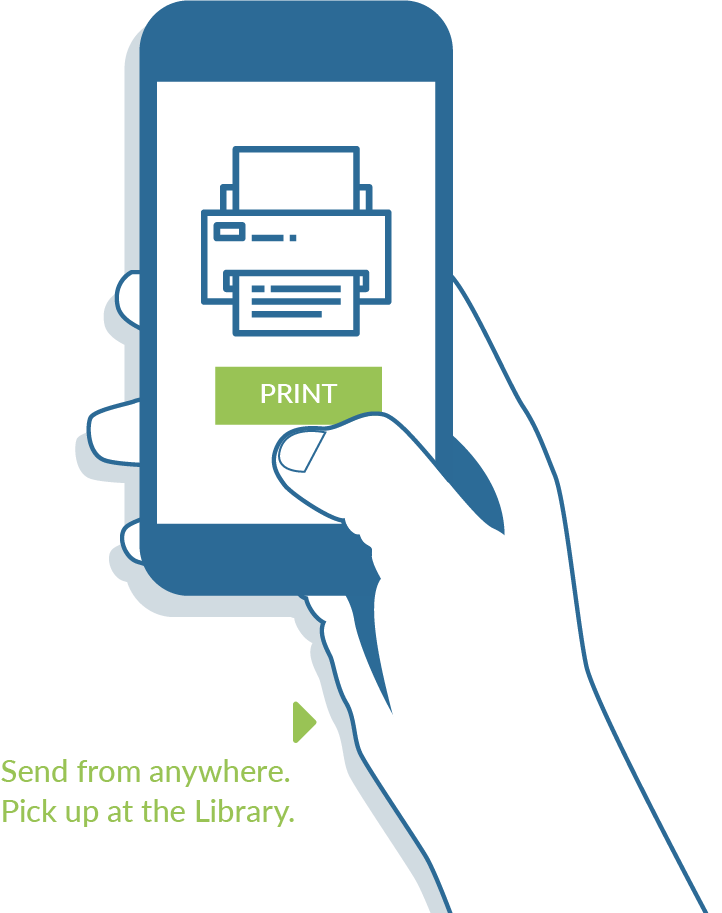Forget-Me-Not Memory Moment: Keeping Active!
Written by: Amy Sobrino, MSW, LCSW
One of the hallmark symptoms of dementia is withdrawal from enjoyable activities. Everything about dementia makes it challenging for a person to continue their normal routine, hobbies, and interests. As a caregiver, it’s essential to help support a person living with dementia remain active and engaged as this truly is the best ‘medicine’ for the brain. The challenge in maintaining activity is adjusting it to a person’s functioning capacity as the dementia progresses. We want to avoid planning an activity that is too challenging, setting someone up to fail. As a caregiver, this can feel like trying to hit a moving target as functioning fluctuates, sometimes even throughout the day. Below are a couple of guidelines to keep in mind that hopefully make activity enjoyable for the person you’re caring for, and easier on you!
Match activity to someone’s prior interest and enjoyed activities.
This may seem like a simple concept, but trust me, it’s the most important guideline! I see many folks make the mistake of trying out activities that someone has never enjoyed. No matter how well you plan or match the activity for functioning needs, if the activity is not interesting to the person, it won’t be successful. Think of past hobbies and interests, especially from young adulthood that might tap into more long-term memory. For example, if someone grew up on a farm, they might enjoy reminiscing with pictures of equipment and farming practices from the years they were a child or young adult.
Tell, don’t ask.
I often hear from families that although they may have purchased activity items like puzzles, their loved one just does not use them. Or, that when they ask the person living with dementia if they want to play a game, the answer is always ‘No’. These are normal responses, and in fact, I expect them. It’s normal because a person living with dementia may not be able to initiate an activity if it is just sitting around, and not set up for them. I encourage my clients to set up the activity and start doing it themselves and encourage the person living with dementia to join them. For example, rather than telling the person to start a puzzle, the caregiver should get it out, set out all of the pieces, start to make the border, and then tell the person living with dementia to join them. The caregiver could say “I need help with this.” or “Look how this is turning out!” which are often better strategies to engage someone in an activity.
Match activity to the time of day.
Think about your favorite activities. For me, I enjoy running, listening to music, taking pictures, and reading. Depending on the time of day, I might choose a more ‘active’ activity like running over a more ‘passive’ or relaxing activity like listening to music. A person with dementia has the same needs. To help structure their daily routine, caregivers can choose a more purposeful activity like a game or sorting clothes to help engage a person living with dementia to be awake and stimulated. In preparation for bedtime, a caregiver could choose to put on relaxing music for a person to listen to.
What is the goal?
Keep in mind that with dementia-specific activity, enjoyment is the goal! We are not expecting someone to have a beautiful finished product like a quilt or woodworking project, or for them to be helpful in cleaning the house! The goal is for a person living with dementia to feel important and valued in sharing their contributions.
Effingham Area Alzheimer’s Awareness (EAAA) is a volunteer-run, not-for-profit organization founded to provide education and support to all families, caregivers, and people with Alzheimer’s disease and related dementia in Effingham County and the surrounding area. For more information about Effingham Area Alzheimer’s Awareness, check out their website at www.effinghamalz.org. If you are a caregiver & have specific questions or situations you would like information on, please feel free to call Shannon Nosbisch at 217-663-0010 or Amy Sobrino at 618-363-8372.



